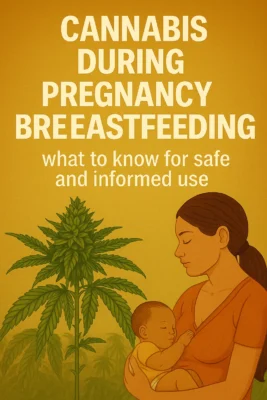On May 6-7, 2017, the Italian Institute for Philosophical Studies will host a conference on the topic of cannabis legalization, organized by the association “Not Dark Yet”. The event will feature experts, jurists, and magistrates discussing how to address the challenges related to drug trafficking and organized crime.
The First Day Dedicated to Marijuana Legalization
The first day, May 6, will focus entirely on the legalization of marijuana as a strategy to combat organized crime and the illegal drug trade. The discussion will center on how regulation could reduce the power of the mafia by creating a legal, transparent market.
Prominent figures such as Judge Henry John Woodcock, deputy prosecutor at the Naples court, National Anti-Mafia Prosecutor Franco Roberti, Senator Benedetto Della Vedova (who has proposed a bill for cannabis legalization), and jurist Fernando Rovira, one of the main authors of Uruguay’s cannabis regulation law, will be attending the conference.
The Example of Uruguay and the United States
Following Uruguay’s lead, other Latin American countries and several U.S. states like Colorado and Washington DC have already legalized cannabis for recreational use. States like Oregon, Alaska, and California have passed referendums allowing free use of marijuana for both medical and recreational purposes. These international examples have become models for other nations, including Italy, which is now considering potential regulation.
Woodcock: The Economic Benefits of Legalization
According to Judge Woodcock, one of the main advantages of cannabis legalization would be the revenue that the Italian government could receive. He stated, “Among the benefits, the potential revenue for the Italian state from legalizing cannabis is often overlooked, and it would amount to billions of euros.”
The Failure of Repressive Measures
During his address to Parliament, the National Anti-Mafia Directorate, represented by Woodcock, declared the “total failure of repressive measures.” The report highlighted that the crackdown on illegal cannabis trafficking has not achieved the desired results, and the problem is growing. Woodcock suggested that lawmakers consider the decriminalization of cannabis as a solution to reduce judicial overload, weaken the black market, and allow law enforcement to focus on more serious crimes.
A Necessary Step for Naples and Italy
Woodcock also emphasized that cannabis legalization could have a significant impact in cities like Naples, often considered a hub of illegal activity. Regulating the cannabis market could strip power from the mafia and generate substantial tax revenues for the state.
In conclusion, the decriminalization of cannabis is increasingly emerging as one of the most mature and sensible options in the public debate. It would not only help reduce organized crime but also provide a new stream of economic revenue for the Italian state.
Canapalandia will continue to follow developments in the cannabis legalization debate and keep you updated on all legislative news.



